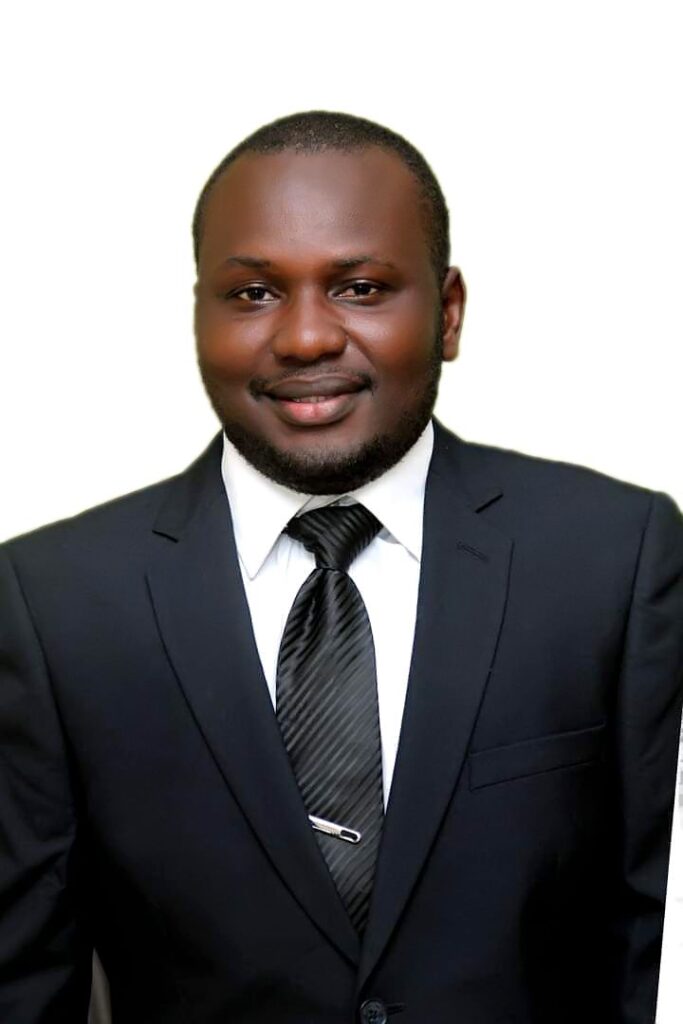Background
Nigeria’s population is the largest in Africa, and its residents exhibit various abilities and disabilities. This statistic is mirrored in Nigeria, as the World Health Organisation estimates that 16% of the global population has some form of disability. Congenital defects, incurred traumas, and chronic diseases are the sources of disabilities in Nigeria. Injury from accidents and inadequate safety measures also significantly contribute to congenital disabilities, which encompass a wide range of physical limitations and developmental anomalies. Chronic health conditions, including cerebral palsy, polio, and vision impairments, further diversify the disability landscape in Nigeria.
The objective of the investigation was to investigate the health disparities that individuals with disabilities encounter in Nigeria, with a particular emphasis on the obstacles to healthcare utilisation and accessibility. The study aimed to synthesise and analyse their experiences concerning medical access, utilisation, and outcomes. Furthermore, it investigated how health disparities among these individuals are influenced by disability and other variables. Ultimately, the research sought to offer evidence-based recommendations for medical policy and legislators to resolve health inequities within the Nigerian population.
Summary of Findings
Socioeconomic Barriers and Needs of People with Disabilities
Housing, transportation, marriage, public services, employment, and education are all areas disabled individuals encounter substantial obstacles. The absence of accessible housing and financial constraints that obstruct the provision of essential accommodations. Ramps and lifts are frequently absent from government and private housing. Participants expressed dissatisfaction with the absence of accessible infrastructure and support, emphasising the necessity of comprehensive legislative reforms.
Mental Health and Emotional Well-being of Patients
Emotional and mental health challenges are prevalent among individuals with disabilities. Due to societal stigma and rejection, lymphatic filariasis (LF) patients experience despondency, frustration, and suicidal ideation. The necessity for enhanced mental health support and anti-stigma initiatives was underscored by the frequent mention of feelings of demoralisation, wrath, and sorrow by participants.
Access to Healthcare and Treatment Challenges
Individuals with disabilities continue to encounter substantial obstacles when it comes to obtaining healthcare. Timely glaucoma treatment is impeded by factors such as inadequate awareness and inadequate medical facilities. The necessity for enhanced healthcare accessibility and patient education was underscored by the frequent reports of delays in receiving accurate diagnoses and appropriate care by participants. The maintenance of treatment adherence is contingent upon the presence of support systems, such as family and counselling.
Conclusion and Recommendations
The results emphasise the pressing necessity for policy reforms to mitigate the structural obstacles encountered by disabled individuals in Nigeria. Policymakers must prioritise developing and enforcing policies that guarantee improved accessibility to accommodation, transportation, education, and the workplace. Healthcare systems must adopt more inclusive practices to enhance treatment adherence and outcomes, including promoting patient education and support structures. To safeguard disabled individuals from stigma and discrimination, it is imperative to implement a rights-based mental health care approach. Social inclusion initiatives should ensure that all individuals have the opportunity to participate by addressing personal, societal, and systemic barriers. Stakeholders can promote a more inclusive society that improves the well-being and dignity of disabled individuals, thereby reducing health inequalities, by addressing these challenges. This research establishes a strong foundation for future research designed to enhance the quality of life for individuals with disabilities in Nigeria.
References
Abdulmalik, J., Nwefoh, E., Obindo, J., Dakwak, S., Ayobola, M., Umaru, J., Samuel, E., Ogoshi, C. and Eaton, J., (2018). Emotional difficulties and experiences of stigma among persons with lymphatic filariasis in Plateau State, Nigeria. Health and human rights, 20(1), p.27.
Adeworan, A., (2019). The realities of living with disability in Ibadan, Nigeria: An ethnographic study.
Balogun, J.A., (2022). The Plight of Persons Living with Disabilities: The Visible Invisibles in Nigeria. In The Nigerian Healthcare System: Pathway to Universal and High-Quality Health Care (pp. 277-297). Cham: Springer International Publishing.
Eleweke, C.J. and Ebenso, J., (2016). Barriers to accessing services by people with disabilities in Nigeria: Insights from a qualitative study. Journal of Educational and Social Research.
Etieyibo, E. and Omiegbe, O., (2017). Disabilities in Nigeria: Attitudes, reactions, and remediation. Rowman & Littlefield.
Haruna, M.A., (2017). The problems of living with disability in Nigeria. JL Pol’y & Globalization, 65, p.103.
Iwuagwu, A., Okah, P., Nnama-Okechukwu, C., Chukwu, N., Agha, A., Anazonwu, N., Onalu, C. and Okoye, U., (2023). Barriers to Social Inclusion among Older Adults with Disabilities in Imo State, Nigeria: A Descriptive Phenomenological Inquiry. Scandinavian Journal of Disability Research, 25(1).
Kyari, F., Chandler, C.I., Martin, M. and Gilbert, C.E., (2016). So let me find my way, whatever it will cost me, rather than leaving myself in darkness: experiences of glaucoma in Nigeria. Global health action, 9(1), p.31886.
Pius, S., Yenti, M., Wabada, S., Ibrahim, H.A., Bukar, M.A., Kullima, A.A., Dada, B.J. and Bello, M., (2018). Congenital birth defects, its incidence and management challenges in a poor resource health facility: A scenario from North-Eastern Nigeria. International Journal of Clinical Medicine Research, 5(2), pp.44-49.
World Health Organization. (2023). Disability and health. Retrieved from https://www.who.int/news-room/fact-sheets/detail/disability-and-health












